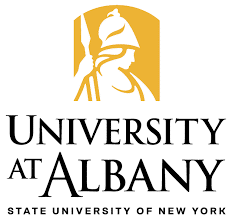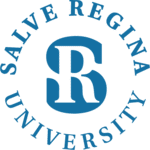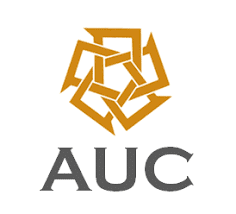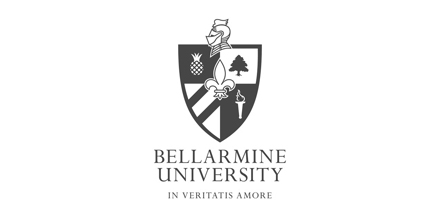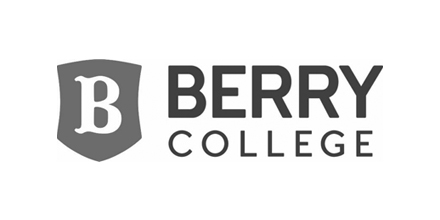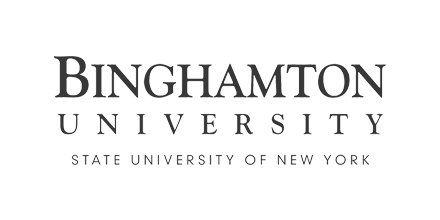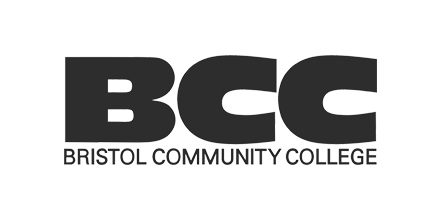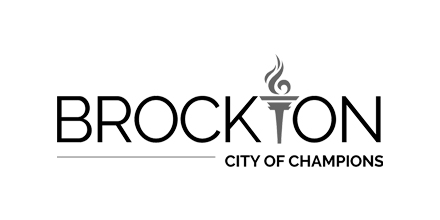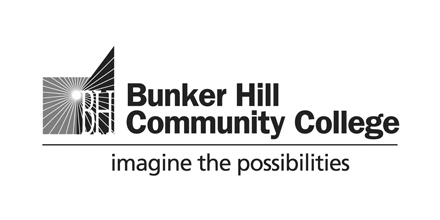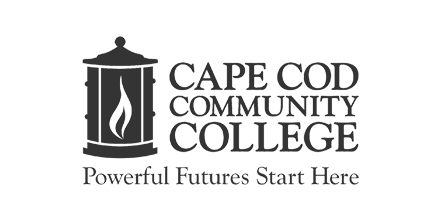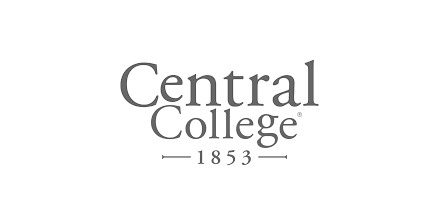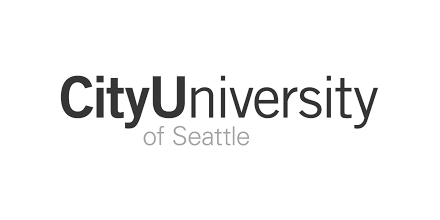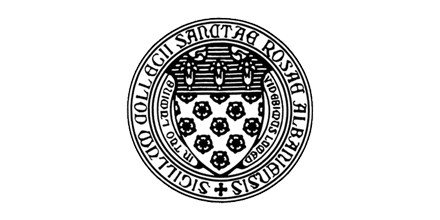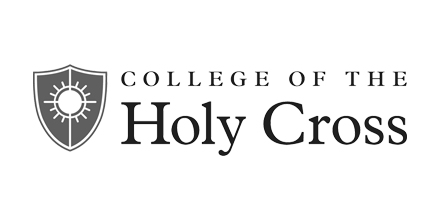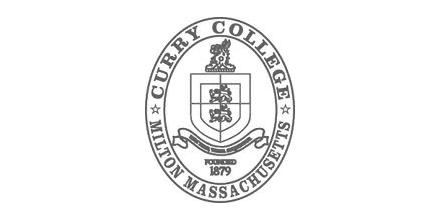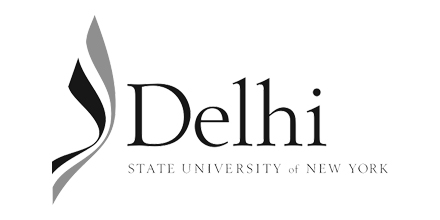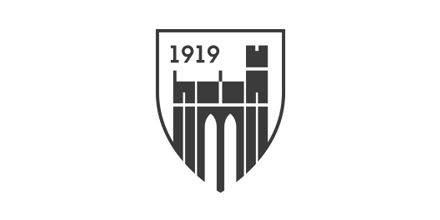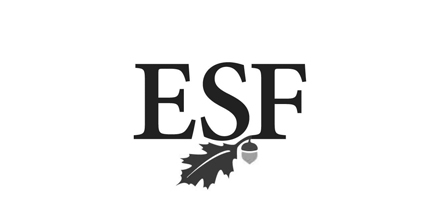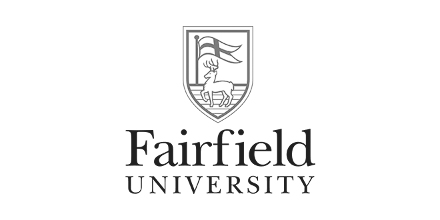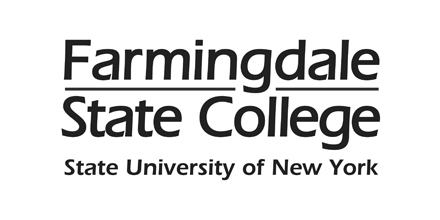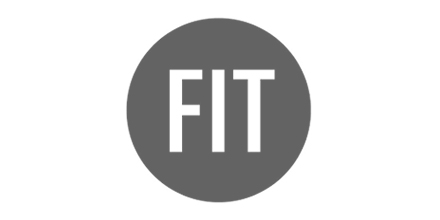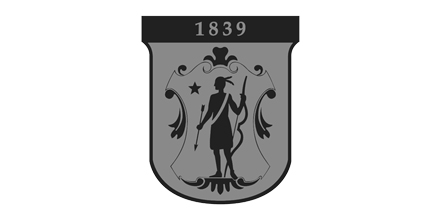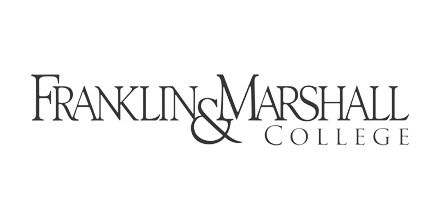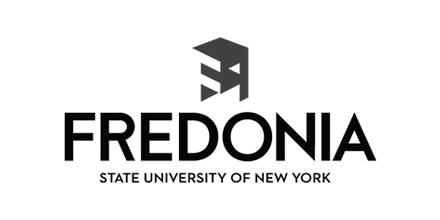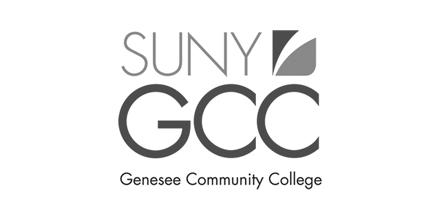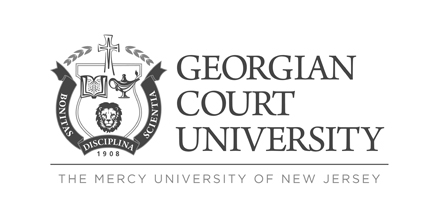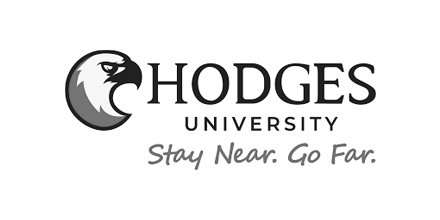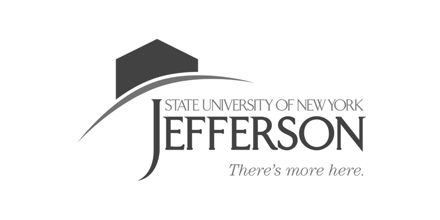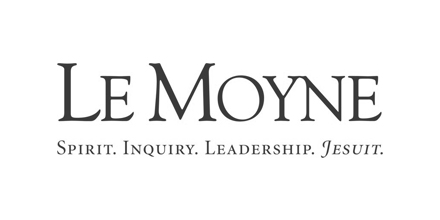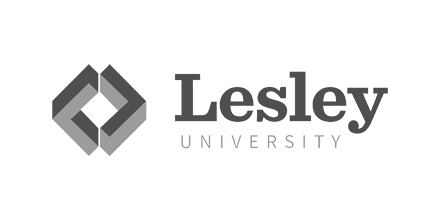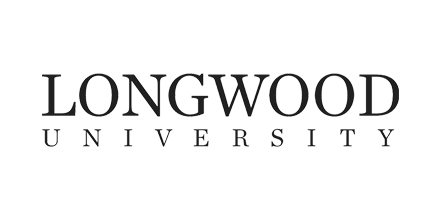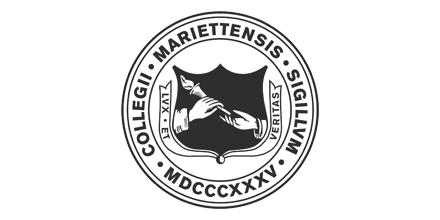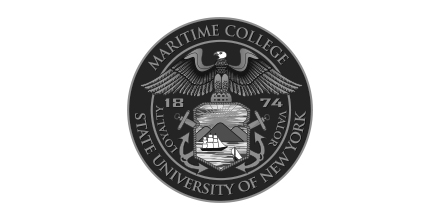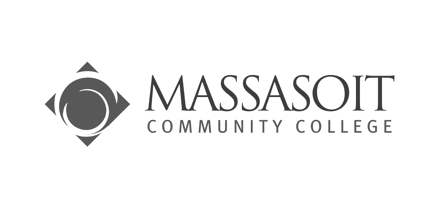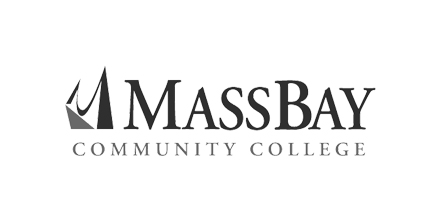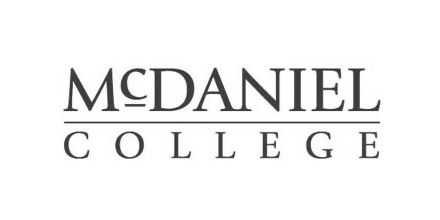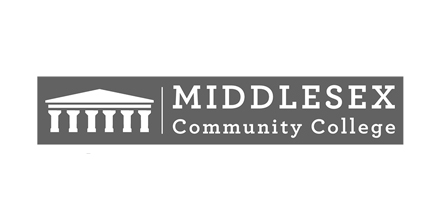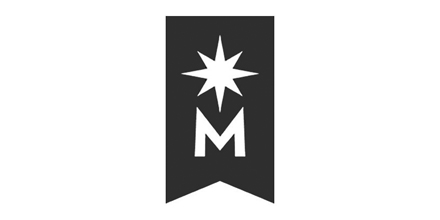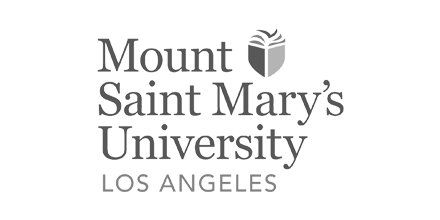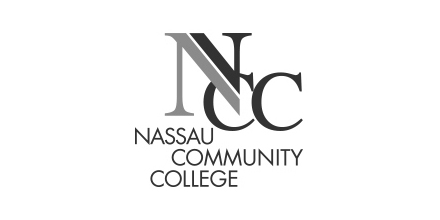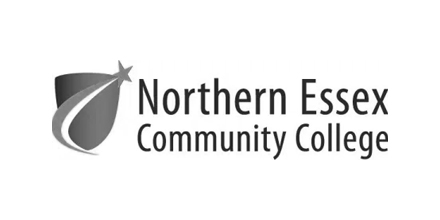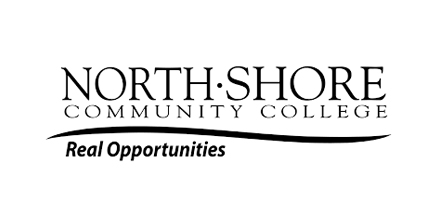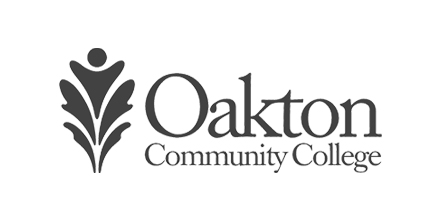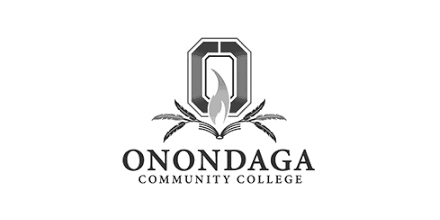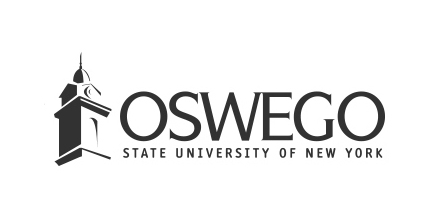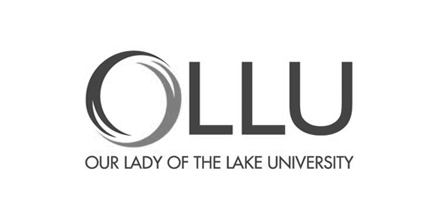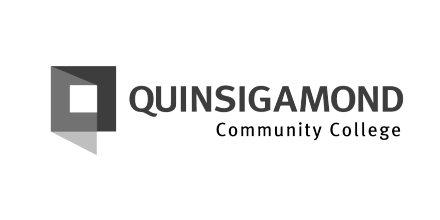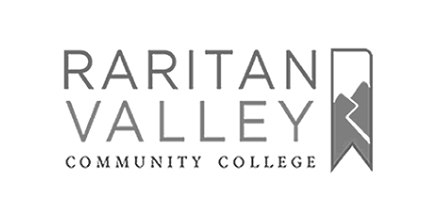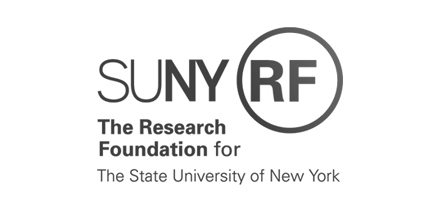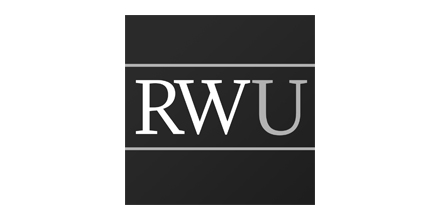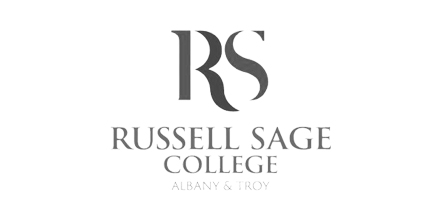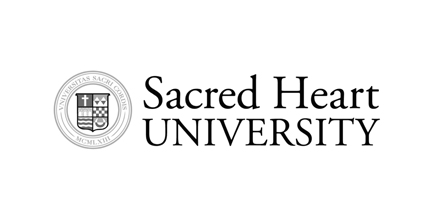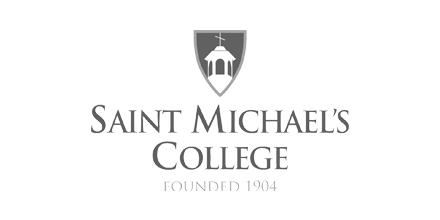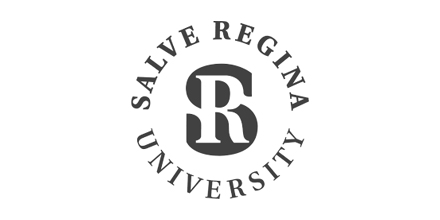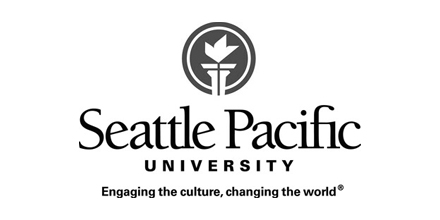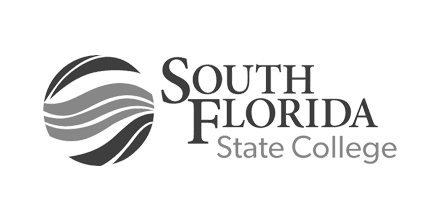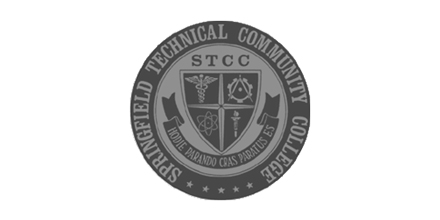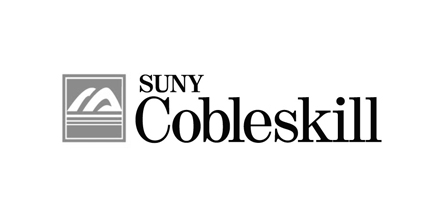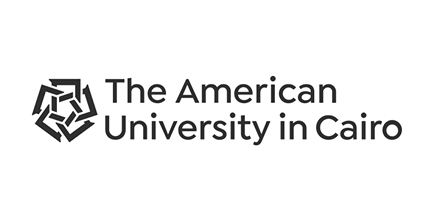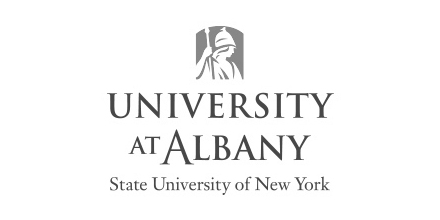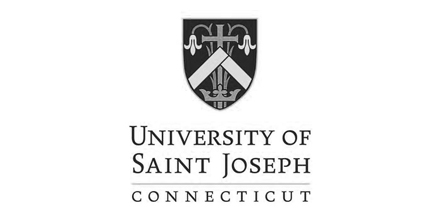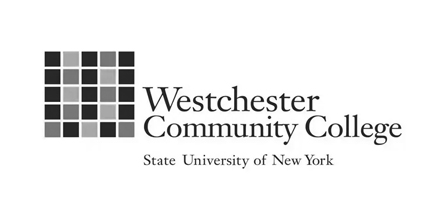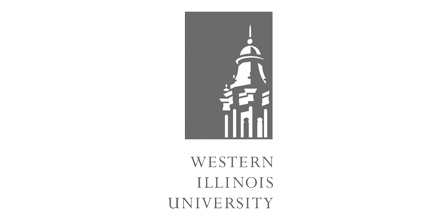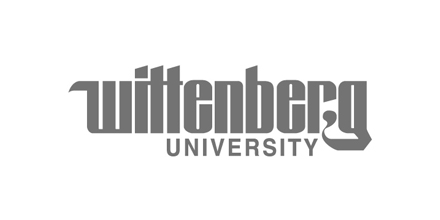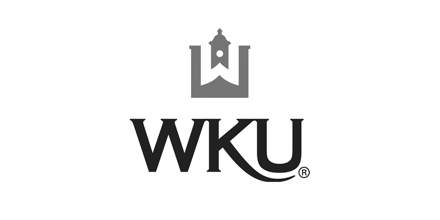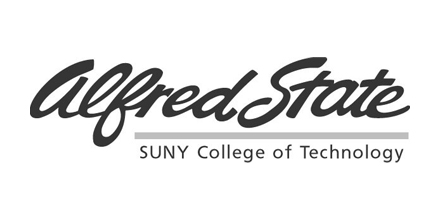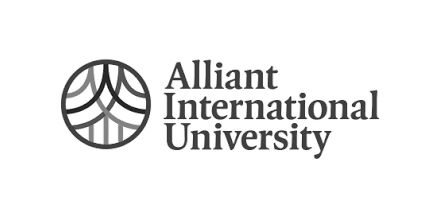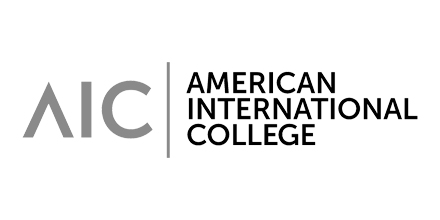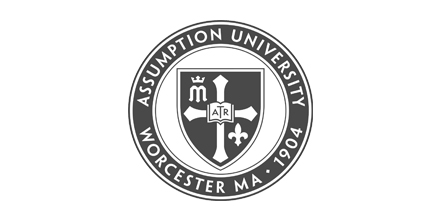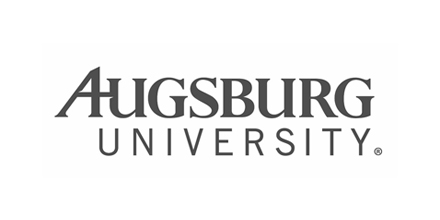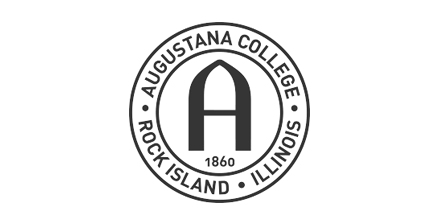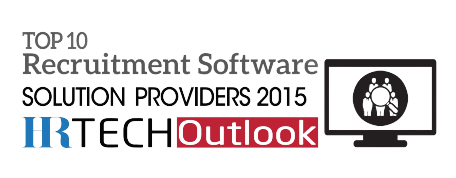The applicant tracking system (ATS) has become an essential tool for modern recruiters, streamlining the hiring process by managing applications, scheduling interviews, and keeping track of candidates. But in recent years, a new wave of innovation is cresting: Artificial intelligence (AI) is rapidly transforming how ATS functions, promising to revolutionize talent acquisition.
Efficiency Through Automation
One of the most significant advantages of AI in ATS is its ability to automate repetitive tasks. Resumes can pile up quickly, especially for high-volume positions. AI-powered systems can scan through these applications, extracting key information like skills, experience, and keywords. This allows recruiters to spend less time sifting through irrelevant applications and more time focusing on qualified candidates.
Smarter Candidate Ranking and Matching
Beyond simple keyword matching, AI algorithms can analyze a candidate’s profile for a deeper understanding of their suitability for a role. This might involve parsing resumes for specific skills or experiences mentioned in the job description, but it can also extend to analyzing writing style, educational background, and even previous job titles to identify potential fits. By going beyond a surface-level scan, AI can create a more nuanced ranking system, highlighting candidates with the right qualifications and cultural fit.
Reducing Unconscious Bias
Human bias can creep into the hiring process at various stages. AI, when implemented correctly, can help mitigate this issue. By focusing solely on objective criteria like skills and experience during the initial screening, AI can ensure that qualified candidates from diverse backgrounds are not unfairly overlooked. Some ATS even offer features like “blind” resume review, where identifying information like name and education are hidden, further reducing the potential for bias.
Building a Stronger Talent Pipeline
The role of an ATS isn’t limited to just evaluating incoming applications. AI can also be used to proactively source talent. By analyzing a candidate’s profile and online presence, AI can identify individuals with relevant skills and experience who haven’t necessarily applied to the specific opening. This allows recruiters to build a stronger talent pipeline, reaching out to potential candidates before they even consider a job change.
Engaging Candidates throughout the Process
The candidate’s experience is crucial in today’s competitive job market. AI-powered chatbots can be integrated into the ATS, providing real-time communication with candidates. These chatbots can answer basic questions about the company and the role, schedule interviews, and even provide updates on the application status. This personalized approach improves the candidate experience and fosters a positive employer brand.
Predicting Success: The Future of AI in ATS
While AI currently focuses on filtering and ranking candidates, the future holds even greater possibilities. AI algorithms can be trained on historical data to predict a candidate’s likelihood of success in a particular role. This could involve analyzing past hiring decisions, employee performance reviews, and even personality assessments. By identifying patterns and correlations, AI can provide recruiters with valuable insights on which candidates are most likely to thrive in the company culture and contribute to the team’s success.
Ethical Considerations and the Human Touch
Despite the numerous advantages, it’s important to acknowledge the potential downsides of AI in ATS. Biases can also be embedded within AI algorithms if the training data is skewed. It’s crucial to ensure a diverse data set is used to train the AI to minimize bias in the decision-making process. Additionally, while AI can automate many tasks, the human element remains irreplaceable in recruitment. AI should be viewed as a tool to empower recruiters, not replace them.
The Future of Talent Acquisition is Intelligent
The integration of AI in Applicant Tracking Systems marks a significant shift in the way talent acquisition is conducted. By automating tasks, improving candidate matching, and providing valuable data insights, AI is streamlining the hiring process and making it more efficient. However, it’s important to remember that AI is a tool, and its effectiveness hinges on responsible implementation and a focus on ethical practices. As AI continues to evolve, the future of talent acquisition promises to be intelligent, data-driven, and ultimately, more effective in identifying and attracting the best possible candidates.






